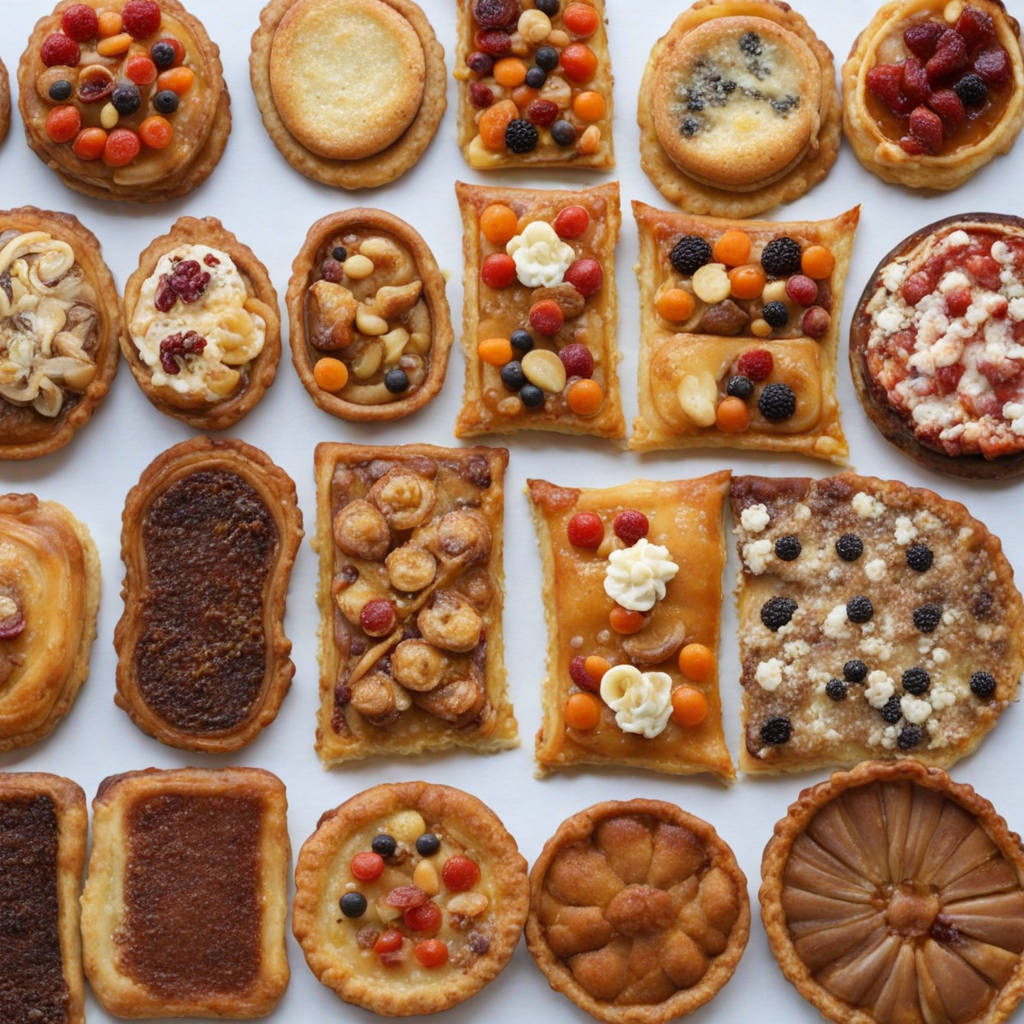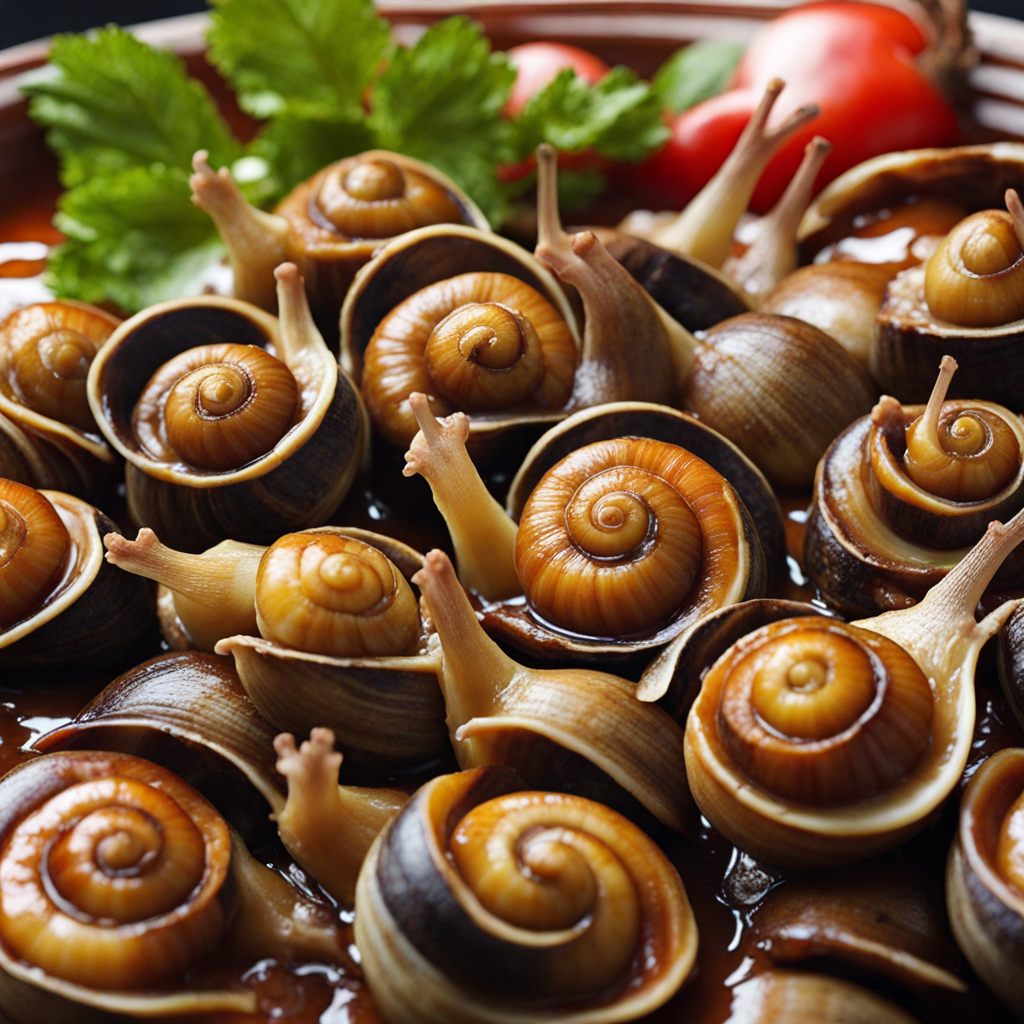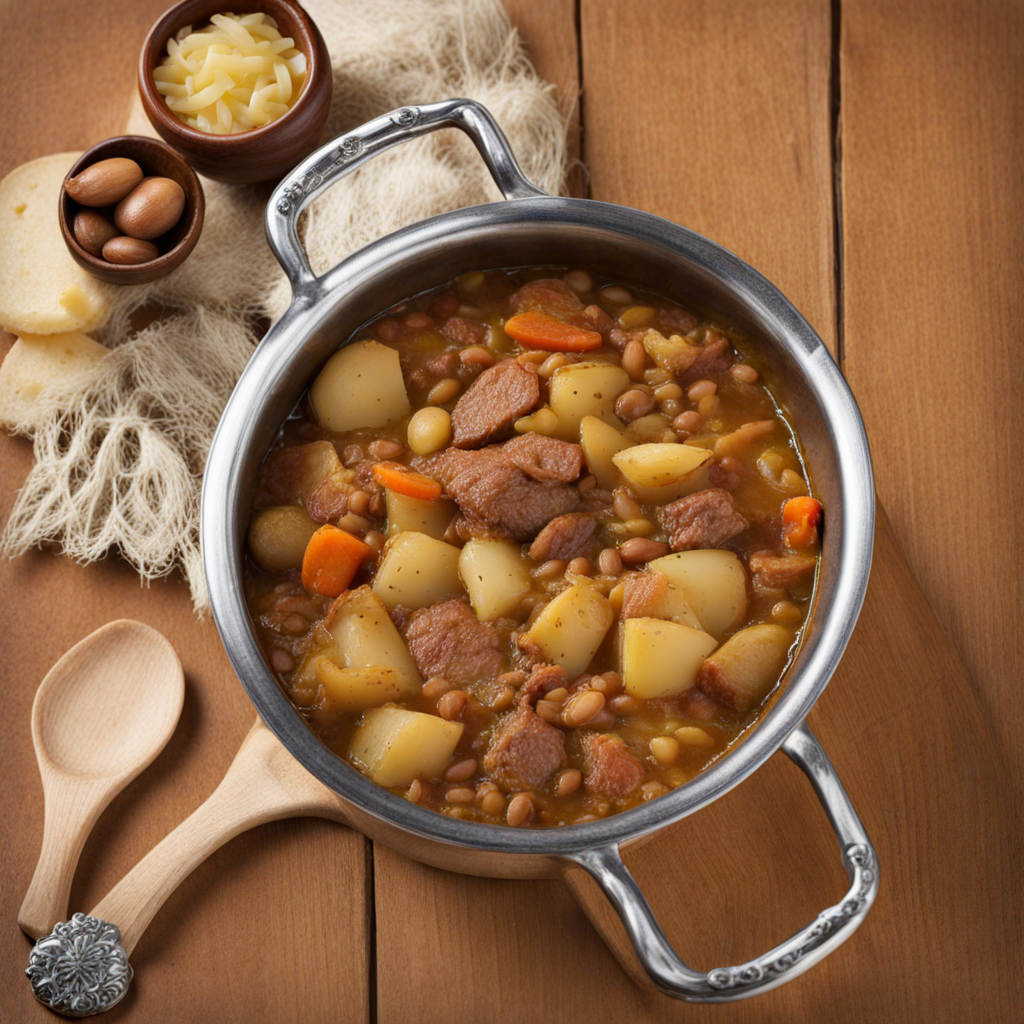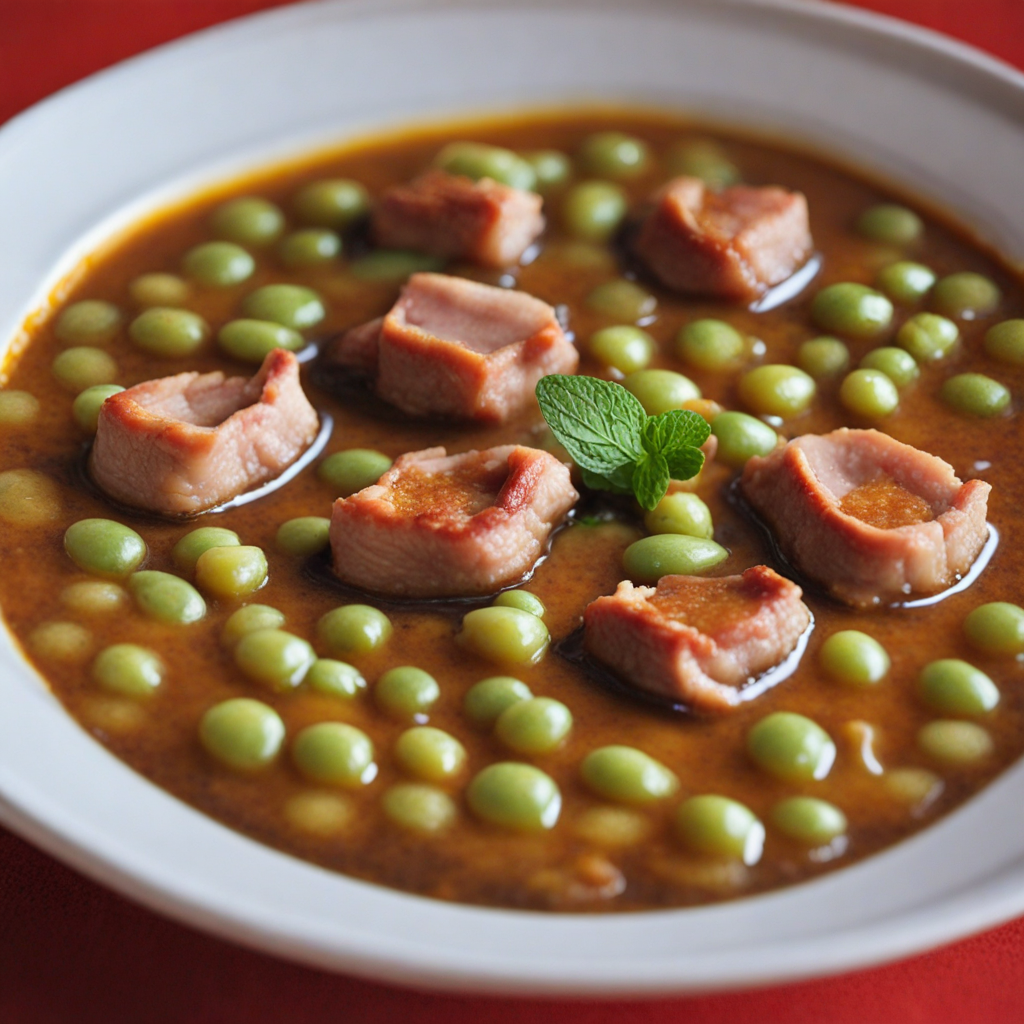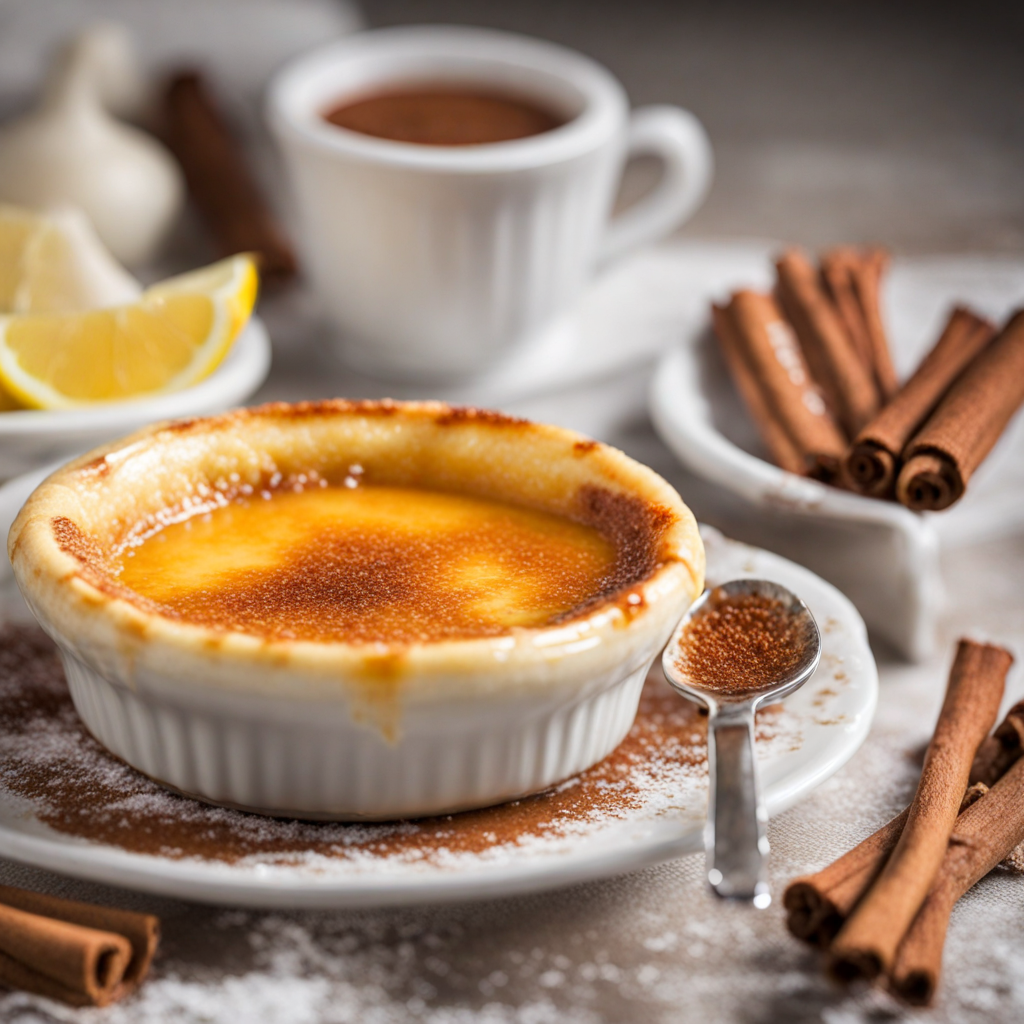Coques
Coques are delightful traditional pastries hailing from the picturesque region of Andorra. These baked treats are characterized by their thin, flat structure, resembling a cross between a pizza and a pie. Typically made with a simple dough of flour, water, and olive oil, coques serve as a versatile base that can be topped with a variety of ingredients. The most popular variations include savory toppings like vegetables, meats, and cheeses, as well as sweet versions adorned with fruits, sugar, and nuts, providing a delightful balance of flavors and textures. One of the most cherished aspects of coques is their communal nature, often prepared for family gatherings and festive occasions. The preparation of coques allows for plenty of creativity, as cooks can experiment with seasonal produce and local ingredients, showcasing the rich culinary heritage of the Andorran culture. Whether served as an appetizer, a main dish, or a dessert, coques embody the warmth and hospitality of Andorra’s dining traditions. The experience of enjoying coques is as much about the taste as it is about the atmosphere in which they are shared. Often enjoyed alongside a glass of local wine or cider, these pastries invite conversation and connection among friends and family. The crisp exterior paired with flavorful toppings creates a satisfying bite that encourages exploration of different flavors and textures. For those seeking a unique culinary experience, coques offer a delicious gateway into the heart of Andorran cuisine.
How It Became This Dish
Coques: A Culinary Gem from Andorra Nestled in the eastern Pyrenees mountains, the Principality of Andorra is a small, landlocked microstate known for its breathtaking landscapes, rich history, and unique cultural heritage. Among its culinary treasures, "coques" stands out as a traditional dish that embodies the essence of Andorran gastronomy. This versatile dish has deep-rooted connections to the region’s agricultural practices and social customs, and it has evolved over generations while retaining its significance in the daily lives of Andorrans. #### Origins of Coques The origins of coques can be traced back to rural Andorra, where the harsh mountainous terrain and unpredictable weather patterns dictated the lifestyle and dietary habits of its inhabitants. The Andorran landscape is characterized by rugged mountains, lush valleys, and rich soil, which has enabled the growth of various crops and livestock. Coques, a type of flatbread, was initially a practical solution to the need for sustenance in this challenging environment. Historically, coques were made using simple ingredients: flour, water, and salt. These basic staples were readily available to the peasant population, making it an accessible food option. The dough was typically rolled out into a flat shape and baked in a stone oven, a technique that dates back centuries. The simplicity of coques reflects the resourcefulness of the Andorran people, who learned to adapt to their environment and make the most of the ingredients at hand. #### Cultural Significance Coques are more than just a form of sustenance; they are deeply embedded in Andorran culture and tradition. They are often associated with local celebrations, festivals, and family gatherings. For instance, coques are a staple during the Feast of St. John, a midsummer celebration that marks the arrival of the summer solstice. During this festival, families gather to share coques adorned with seasonal ingredients, symbolizing unity and the joy of communal feasting. In addition to religious and seasonal events, coques also represent the agricultural heritage of Andorra. Traditionally, they were made to celebrate the harvest, with variations reflecting the seasonal availability of ingredients. For instance, coques de recapte, a savory version filled with seasonal vegetables, reflect the bounty of summer gardens. On the other hand, sweet coques, often topped with fruits or nuts, celebrate the autumn harvest. Coques also serve as a canvas for creativity, with regional and family variations emerging over time. This adaptability has allowed coques to transcend mere sustenance, becoming a symbol of the Andorran identity. #### Development Over Time As Andorra has evolved into a modern nation, so too has the preparation and presentation of coques. While the traditional methods of making coques remain revered, contemporary Andorran chefs have embraced innovation and experimentation, blending age-old techniques with modern culinary trends. In recent years, coques have gained popularity beyond Andorra's borders, particularly in neighboring Catalonia and Spain. This expansion has led to the emergence of new interpretations and flavors, as chefs incorporate diverse ingredients and cooking styles. For example, while traditional coques may have been primarily savory or sweet, modern variations include gourmet toppings, exotic spices, and even fusion elements that reflect global culinary influences. Andorra’s tourism industry has also played a significant role in the resurgence of coques. As the country attracts visitors seeking authentic experiences, local restaurateurs and bakeries have taken the opportunity to showcase coques as a quintessential Andorran dish. This has not only helped preserve the traditional recipes but has also revitalized interest in the region's culinary heritage. The rise of the farm-to-table movement has further contributed to the evolution of coques. With an increased emphasis on sustainable practices and local sourcing, many Andorran chefs prioritize the use of locally grown ingredients, such as heirloom grains, organic vegetables, and artisanal cheeses, in their coques. This commitment to quality and sustainability reflects a growing awareness of the importance of preserving cultural traditions while adapting to modern culinary trends. #### Conclusion Coques are a remarkable representation of Andorra's culinary identity, bridging the gap between tradition and modernity. Their rich history and cultural significance speak to the resilience and creativity of the Andorran people, who have maintained their culinary heritage despite the challenges of a changing world. As Andorra continues to embrace its unique identity, coques will undoubtedly remain a cherished dish, symbolizing the spirit of community, celebration, and the land itself. Whether enjoyed at a family gathering, a local festival, or a contemporary restaurant, coques embody the heart and soul of Andorran cuisine, inviting all who partake to experience a taste of this enchanting mountain nation.
You may like
Discover local flavors from Andorra


